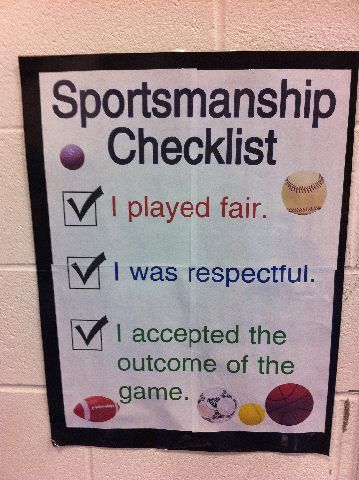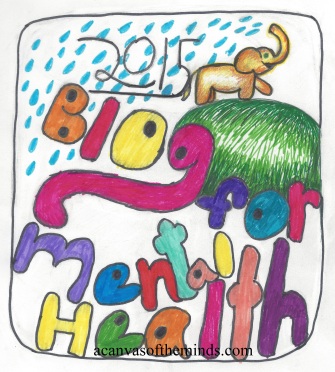I’m not gonna lie. Things haven’t been great. Which is why I haven’t posted anything. But I want to write something without giving the rundown of all of the crappy things that are happening to me. So I decided to write about a true story. Something that happened to me yesterday.
I went to the hair salon because short haircuts require a lot more maintenance than long hair. I had my hairstylist for 17 years so going to her was more like a therapy session. But I don’t have the energy to drive 5 hours to get my haircut, so I had to make a random appointment with this hairstylist I’ll call C.
I really don’t like small talk. I mean, I can do it obviously, but it’s tiring. Fortunately, C was quite the entertainer. Super upbeat and high energy. He was dancing and styling at the same time because he said that when he hears a good beat he can’t help himself. Even if the music is just in his head. Which it wasn’t in this case. There was music playing. I totally get what he means though, because I feel the same way about a good song. You just gotta sing, even if no one else can hear it, you know what I’m saying?
He was pretty uninhibited until he asked me what I do for a living and I said I’m a psychologist. This is one of the annoying things about being a psychologist. People think that you are analyzing them so then they get self-conscious. So I tell them I’m off duty, blah blah blah. And then they relax and tell me all their problems. And because I’m a good listener and would rather have a meaningful conversation about people’s personal lives than small talk, so I guess I encourage it.
This was an unusual “therapy session” in that C had more of a psychic problem. His friend wanted to have a seance for fun one night, complete with Ouija board and everything. After the Ouija board didn’t work, and even though he was not a psychic expert and really didn’t think anything would happen, C had everyone hold hands in a circle and started inviting spirits to communicate. And a boy and girl did show up, although C was the only one who could “see” them in his mind’s eye.
The boy wanted to give a message to C’s friend, the seance-thrower. This boy, who I’ll call D, wanted her to know that he’s OK and she doesn’t have to feel guilty. It’s not her fault. The usual message that spirits seem to want to communicate to us. So the seance-thrower starts crying and freaking out, because when she was in EMT training she had tried to save a little boy’s life who was in a car accident and thought it was her fault that she couldn’t resuscitate him.
For some reason, this incident didn’t freak C out. But afterwards the ghosts kept coming. Like something out of The Sixth Sense. Or Ghost. He could hear voices talking to each other in his house even though he lived alone. He thought he might have been losing his mind. He could sense things about people that he shouldn’t have known and felt compelled to ask them questions like, did they ever find out who murdered your cousin? He almost lost his job because he was freaking people out.
Finally C told a friend what had been going on and his friend asked C if he had been messing with an Ouija board. C told his friend about the seance and his friend said that he needed to close the seance. C said the steps were weird but they worked. I didn’t ask what they were because if this is the part that he wasn’t willing to share the details about I figured they must have been really bizarre.
So his questions for me were, do I think he’s crazy? Is there brain science that would explain what happened to him? Should he consult with a psychic? If he gets in touch with these psychic powers, will he lose touch with reality?
I have to admit, this is not my area of expertise, but a lot of people in my family see ghosts. Fortunately, I am not one of them. I do, however, read a lot of books on near-death experiences (NDEs). And the most recent one I read called Proof of Heaven is one of the better ones because the person who had the NDE was a neurosurgeon named Eben Alexander. He’d had many patients tell him about their NDE but figured it was just some brain thing that scientists hadn’t figured out the answer to yet. But then one day he got meningitis out of nowhere and went into a coma for 7 days and was completely brain dead. Right before they pulled the plug, he woke up and his brain was working perfectly normally. He’d had a longer than usual NDE that he remembered quite vividly, and after that he quit his day job and now uses his NDE experience to help people understand their own trips to heaven.
So to make a long story short, I told C that I didn’t think he was crazy, and that what he had was a gift (and sometimes a curse, but most gifts are like that). That people who are high in empathy like therapists also have to create boundaries to make sure they don’t lose their minds, so talking to a psychic expert might help. And, most importantly, that science can’t explain everything that happens to us and that he should check out Proof of Heaven. He was so excited that he said he was going to go to Barnes and Noble right after our appointment and buy it. And that we could talk about it the next time I came in.
He also gave me a little advice when I said I didn’t have anywhere to go to show off my haircut. He said the night was still young but to stay away from Grinder because they don’t even ask for your name.
Oh and I had to pay for my haircut, whereas I listened to him for an hour and gave him free advice.
So I ask you, who actually had the salon therapy?



















